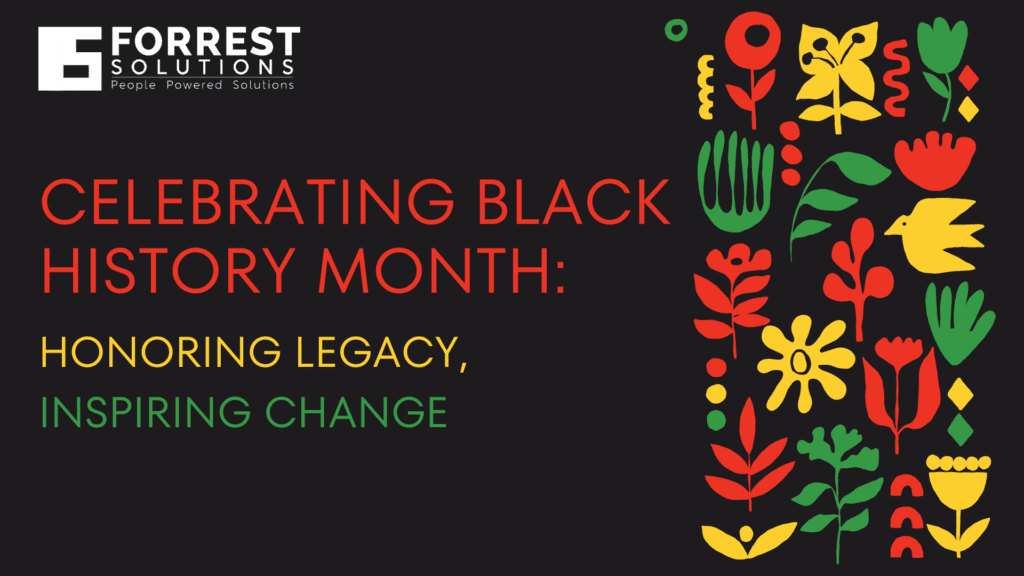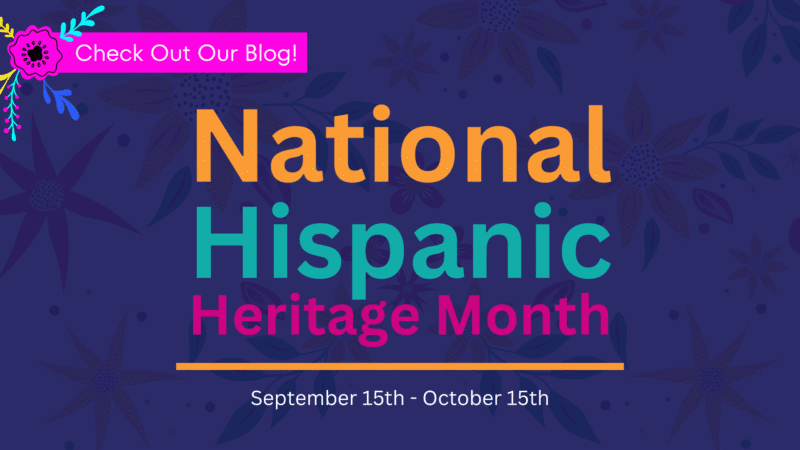
As February begins, so does an important opportunity for reflection, celebration, and education: Black History Month. This annual observance stands as a tribute to the rich contributions, resilience, and achievements of Black individuals throughout history. It’s a time to honor their legacies, amplify their voices, and commit ourselves to building a more equitable future. As we embark on this journey of remembrance and recognition, let’s delve into why Black History Month matters and how we can meaningfully participate.
Why Black History Month Matters:
Black History Month is not just about looking back; it’s about acknowledging the ongoing struggle for equality and justice while celebrating triumphs and milestones. It serves as a reminder of the profound impact of Black leaders, activists, artists, scholars, and everyday heroes whose courage and perseverance have shaped our world.
This month provides a platform to confront uncomfortable truths about systemic racism, discrimination, and inequality that persist today. It’s an opportunity to engage in honest dialogue, confront biases, and work towards dismantling barriers to equality.
Celebrating Black Excellence:
During Black History Month, we shine a spotlight on the remarkable achievements and enduring legacies of Black individuals who have shaped history and culture. From the literary brilliance of Alain Locke and W.E.B. Du Bois to the visionary leadership of Marcus Garvey, the Harlem Renaissance produced a constellation of luminaries whose impact resonates to this day.
We pay homage to these trailblazers who challenged societal norms, ignited cultural revolutions, and paved the way for future generations. Their contributions in literature, arts, activism, and academia are testament to the richness and diversity of Black creativity and intellect.
While we honor the giants of the past such as Rosa Parks, Martin Luther King Jr., and Maya Angelou, let us also recognize the contemporary Black leaders who carry the torch of progress forward. Their dedication, resilience, and unwavering commitment to justice and equality continue to inspire and uplift communities worldwide.
As we celebrate Black Excellence this month and beyond, let us reflect on the profound impact of these visionary figures and their enduring legacy of empowerment, enlightenment, and social change.
Taking Action:
While Black History Month provides a designated time for reflection and celebration, our commitment to equality and justice must extend far beyond February. It’s essential to translate awareness into action by advocating for policies that promote racial equity, supporting Black-owned businesses, amplifying Black voices, and actively working to combat racism in all its forms.
Education is a powerful tool for change, so take the time to learn about Black history, culture, and experiences. Engage in discussions, listen to diverse perspectives, and challenge yourself to confront biases and assumptions. By fostering empathy, understanding, and solidarity, we can create a more inclusive and equitable society for all.
Conclusion:
As we honor Black History Month, let’s reflect on the past, celebrate the present, and commit ourselves to shaping a more just and equitable future. Let’s amplify Black voices, celebrate Black excellence, and work together to dismantle systemic racism and inequality. Black history is American history, and by recognizing and honoring the contributions of Black individuals, we enrich our collective narrative and move closer to realizing the promise of equality and justice for all.
You can use the resources below for a wealth of knowledge and perspectives to explore during Black History Month and beyond.
- The National Museum of African American History and Culture (NMAAHC): The NMAAHC offers an array of online resources, including digital exhibitions, educational materials, and archived collections that delve into the diverse experiences and contributions of African Americans throughout history. Their website is a treasure trove of information and a valuable resource for learning and exploration.
- The Equal Justice Initiative (EJI): Founded by Bryan Stevenson, the EJI is dedicated to challenging racial and economic injustice and protecting human rights, particularly in the criminal justice system. Their website provides access to educational resources, reports, and multimedia content that address issues such as lynching, segregation, and mass incarceration, offering insights into the ongoing struggle for racial equality.
- The Schomburg Center for Research in Black Culture: Located in Harlem, New York, the Schomburg Center is a leading institution dedicated to the preservation and exploration of Black history and culture. Their website features digital exhibitions, archival collections, educational programs, and online events that illuminate the richness and complexity of the Black experience.
- BlackPast.org: BlackPast.org is an online reference guide that offers a comprehensive repository of historical resources, including biographies, primary documents, timelines, and articles covering various aspects of African American history and global Black history. It’s an invaluable resource for educators, students, and anyone interested in delving deeper into Black history.
- The African American Policy Forum (AAPF): The AAPF is a think tank that focuses on issues related to race, gender, and social justice. Their website provides access to research reports, webinars, podcasts, and educational toolkits that examine the intersectional experiences of Black women, girls, and LGBTQ+ individuals, offering insights into the complexities of identity and inequality.




